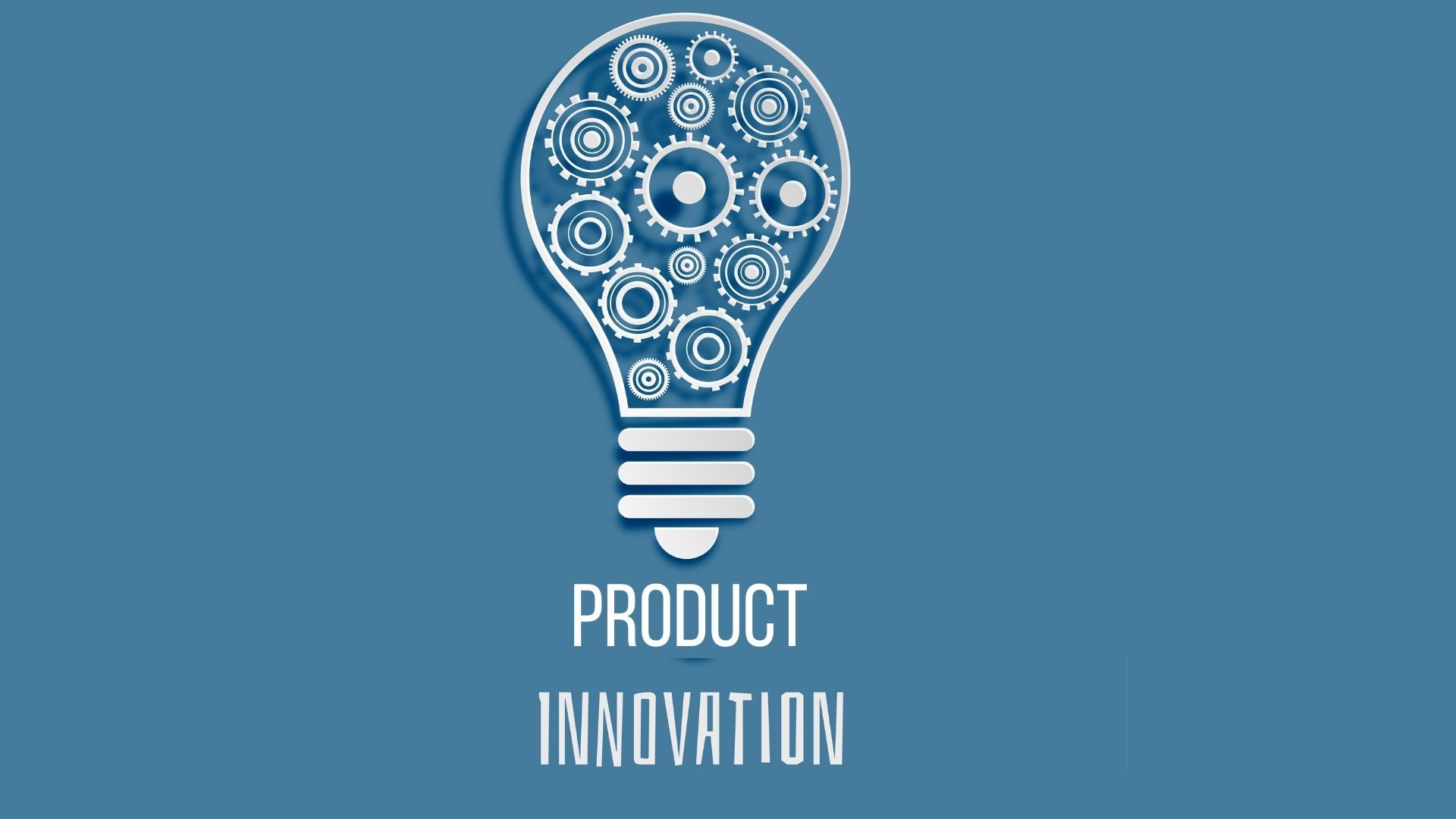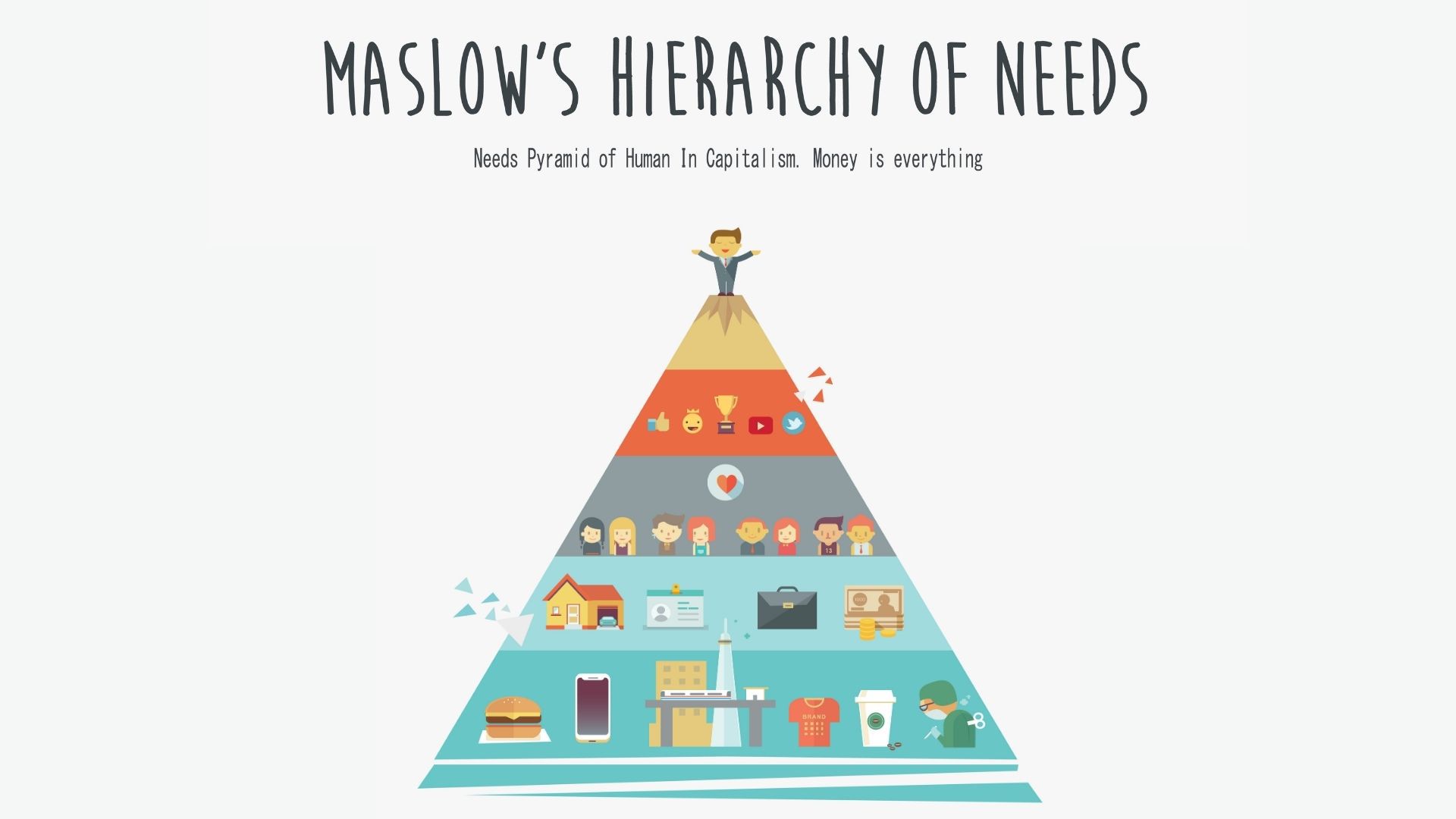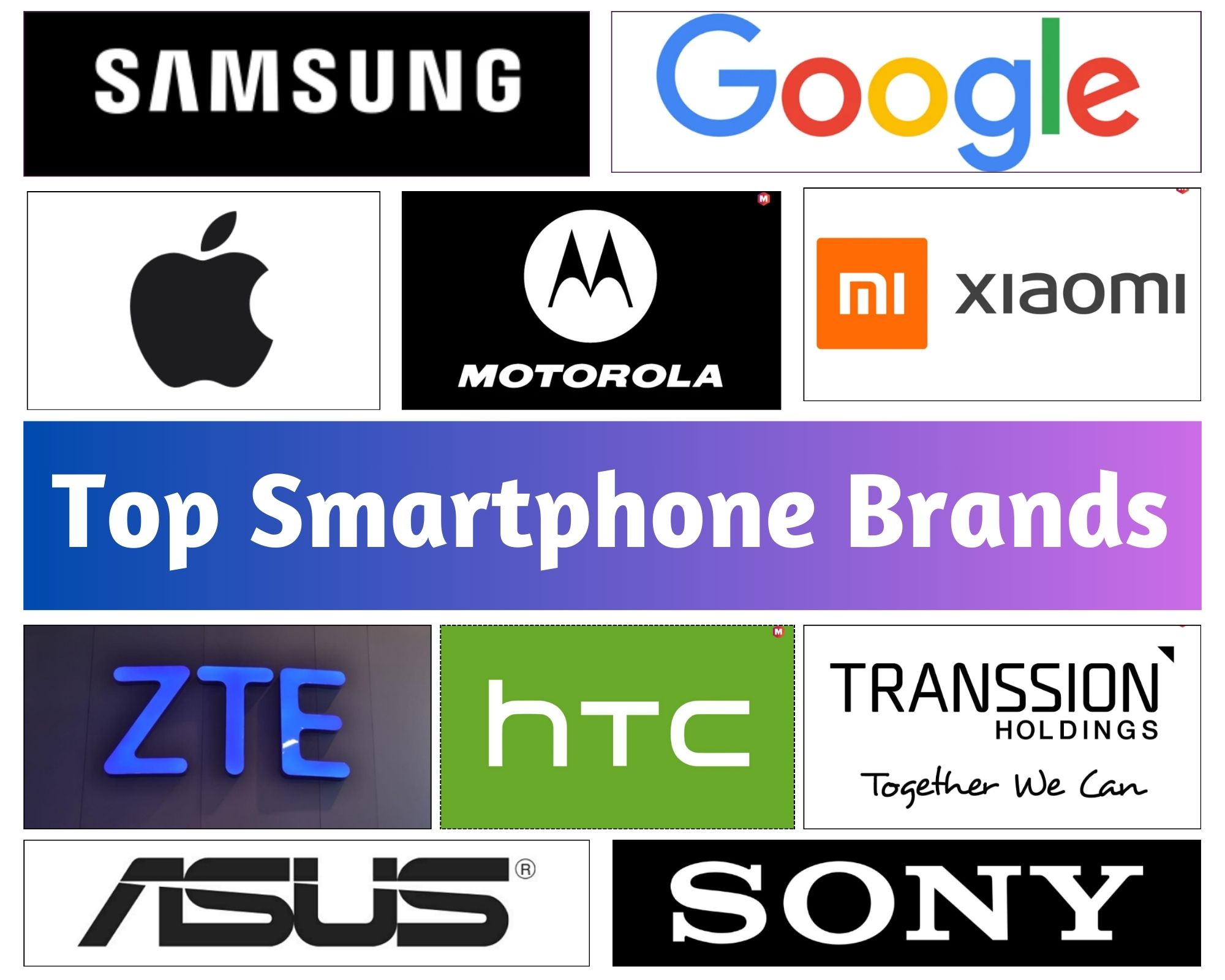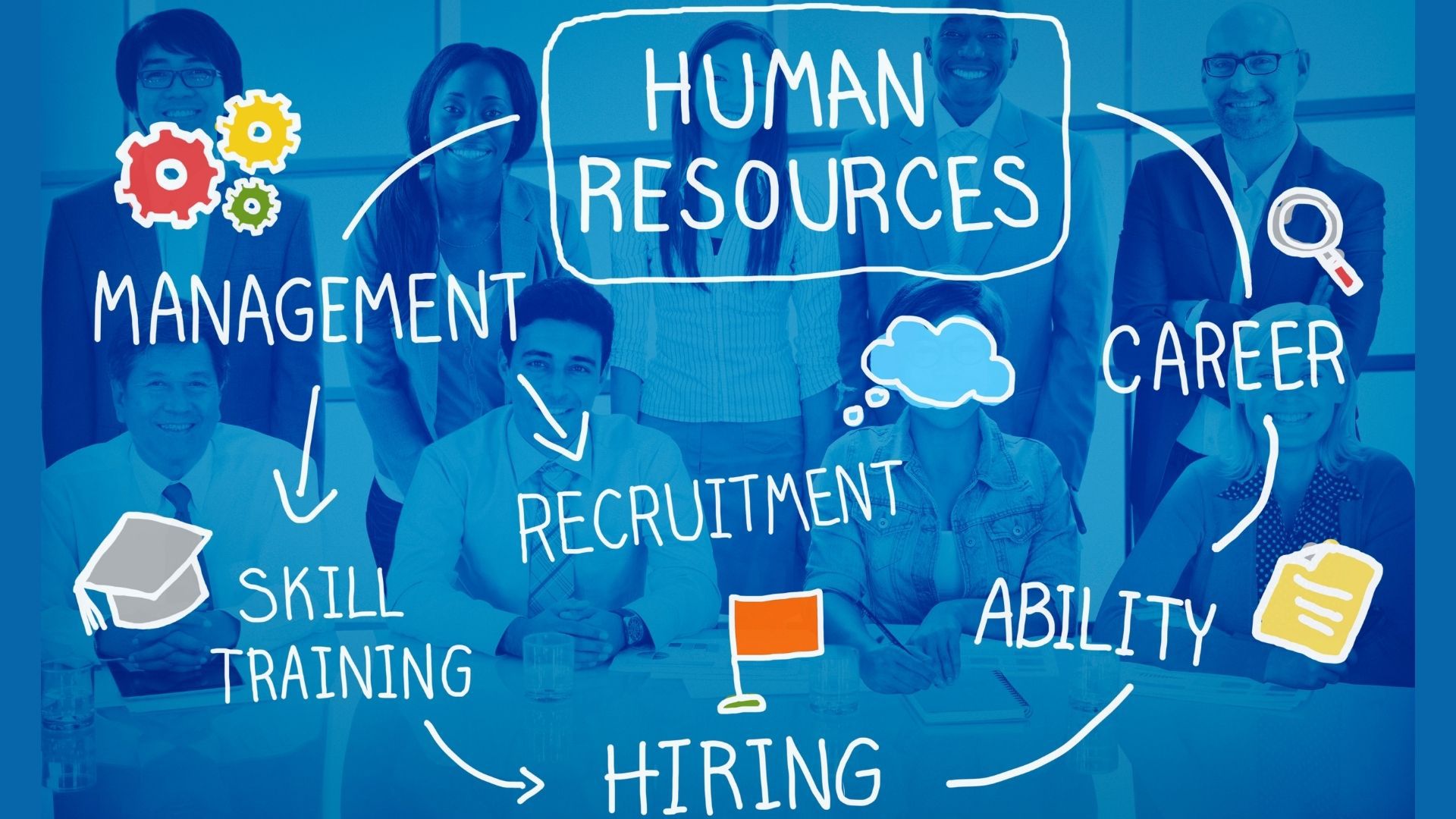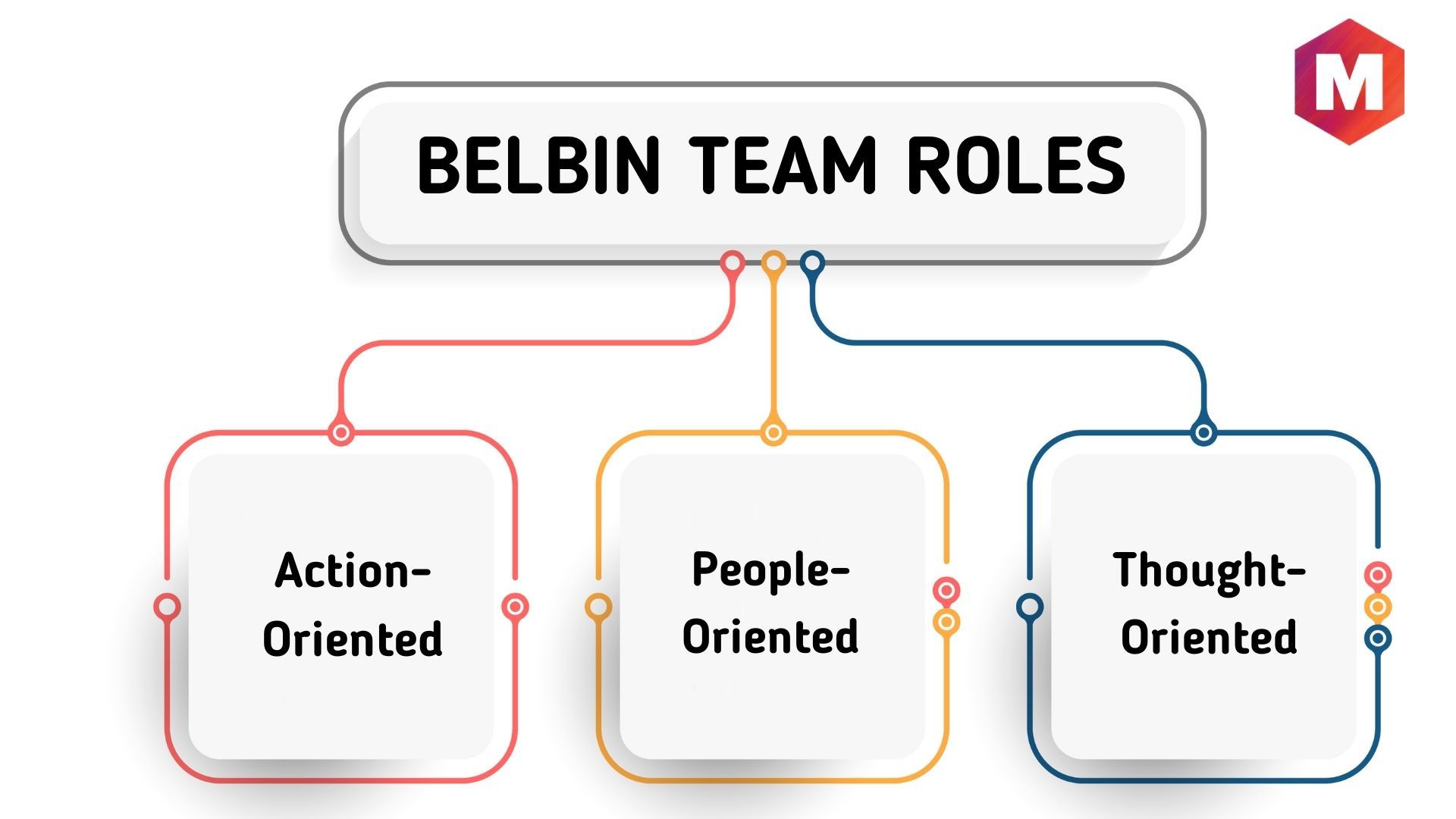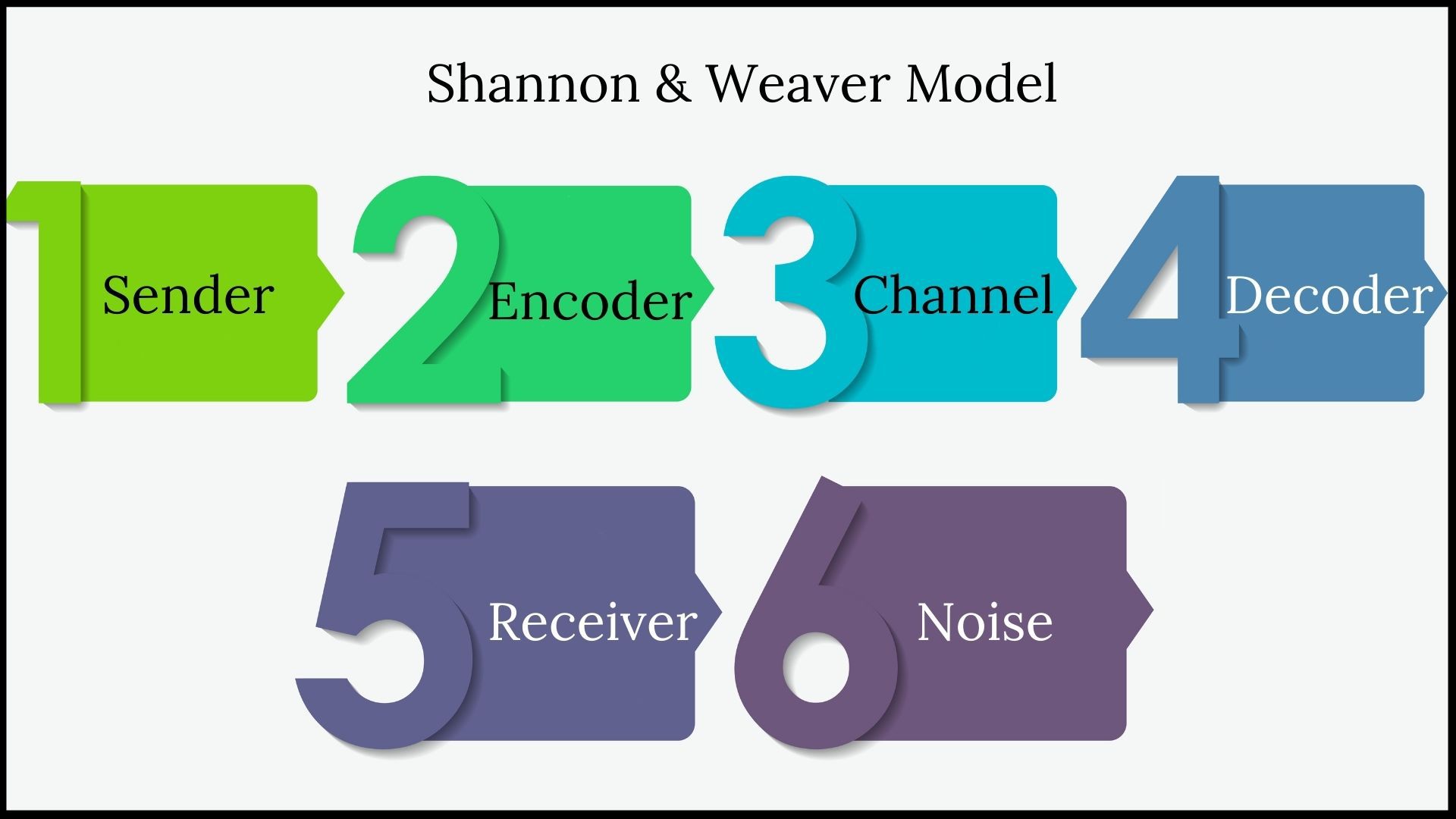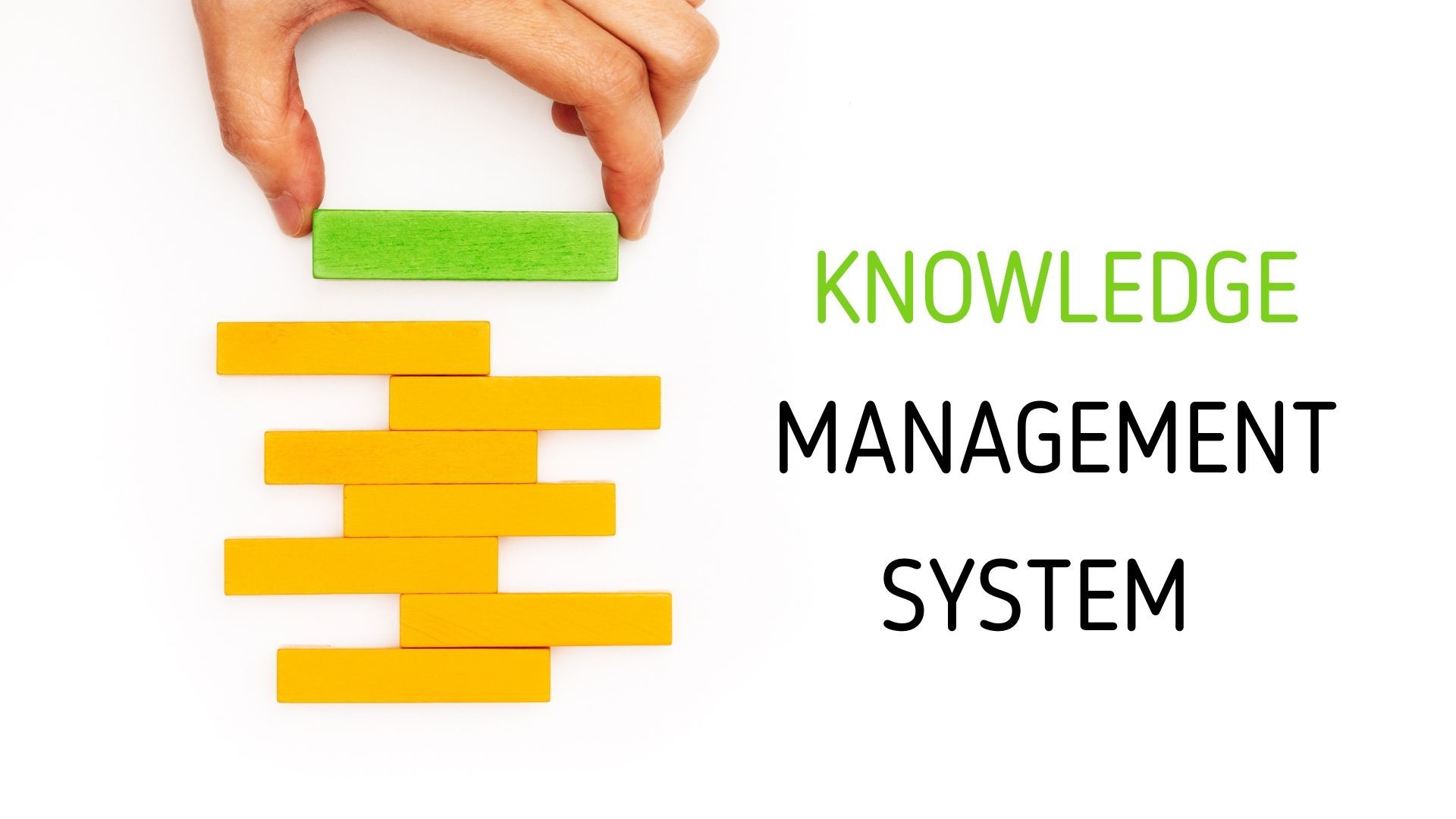Human resource strategy is referred to the long-term plans of the organization that are created to align the human assets with the business activities. It…
What is Panel Interview? Questions, Mistakes and Tips
Receiving an interview call is always the primary objective of every job seeker, as it enables them to be one step closer to their dream…
Above the Fold – Definition, Importance and Examples
What Is Above The Fold? Definition: Above the fold is defined as the top half portion of the newspaper or a website that is straight…
The Role of Marketing Department in Business and Attracting Customers
The role of marketing is associated with the responsibilities and functions that the marketing department is supposed to manage to optimize the presence, lead generation,…
What is Product Innovation and Why is it Important?
Product innovation can be understood as the development-driven process that empowers a business in making better products or improving existing products for the consumers. These…
Ultimate Guide to 5 Levels of Maslow’s Hierarchy of Needs
Maslow’s hierarchy of needs revolves around a theory of understanding how human motivation works. What are the basic needs of a human? Food, water, clothes,…
What is Acceptable Use Policy (AUP)? – Definition and Tips
What Is Acceptable Use Policy? Definition: Acceptable use policy is defined as the set of rules that creators, owners, or administrators of various resources (e.g….
Accountability – Definition, Methods And Its Puzzle
What Is Accountability? Definition: Accountability is defined as an organizational culture in which employees or workers are not only responsible for what they do but…
Top 20 Smartphone Brands in the World in 2026
Looking for a new phone but feeling lost in the sea of choices? You’re in the right place! We’re here to talk about all the…
What is Back Pay? – Definition, Reasons and Examples
What is Back Pay? Definition: Back pay can be defined as the payment or other benefits like promotion, bonus, pay increase, etc that an employer…
7 Steps to Create an Employee Development Plan
The employee development plan is referred to the action plan that is used by an organization to ensure that the employees are on the right…
Ultimate Guide On Human Resource Management (HRM)
Human resource management is defined as a process of managing employees in an organization so that they help to gain a competitive advantage. It is…
Belbin Team Roles – Definition and Classifications
What are the Belbin Team Roles? Definition: Belbin team roles are the inclusion of nine behavioral attributes that play a crucial role in facilitating team progress….
Acceptance Criteria – Definition, Uses and Features
What are Acceptance Criteria? Definition: Acceptance criteria are defined as the pre-established conditions that a software product development team needs to fulfill, so they can…
An Ultimate Guide to Banner Advertising With Examples
What is Banner Advertising? Definition: Banner advertising is defined as image-based online ad campaigns that use a display ad or image ad. These banner advertising…
Accepting Risk – Definition, Understanding and Alternatives
What is Accepting Risk? Definition: Accepting risk is defined as a risk management strategy in which a person or a business entity classifies the risk…
What is Business Case? – Meaning, Structure and Template
If you want to optimize your business projects’ chances to meet their objectives, then your project management should be supported by sufficient buy-in from the…
9 Best Ways of Taking Initiative At Work
Workplace taking initiative is defined as the ability to assess the issues and problems at work voluntarily and provide or suggest solutions. Workplace initiatives involve…
Stakeholders – Definition, Categories and Types
Stakeholders can be understood as an individual, group of people, members, or any organization that get affected by the result of an associated project. Stakeholders…
What is Staffing? Definition, Importance, Aspects & Factors
When it comes to an understanding of what is staffing in business and employee management, then it can be understood as the process of finding…
How to Write Selection Criteria? – Tips and Examples
Selection criteria consist of a list of educational qualifications, skills, abilities, experience, and knowledge that one must have to be eligible to do a job….
Shannon and Weaver Model of Communication
Claude Elwood Shannon and Warren Weaver are credited with the creation of this communication model. They first published this model in a Mathematical Theory of…
What is Sourcing and Why Is It Important for Businesses?
Sourcing revolves around the practice of searching out and finalizing businesses or individuals for fulfilling specific criteria. Sourcing in the business is associated with the…
What is Incentive Pay? – Classification, Merits and Demerits
Looking for some effective ways to motivate your employees and ignite their passion? Then incentive pay is one of the most effective ways to engage…
What are Social Skills and How to Polish Them?
From the time we were kids, we started to learn the basics of social skills that revolve around learning the best ways to live, communicate, and…
Difference Between Job Description and Job Specification
Outlining of specific skills, qualifications, and characteristics that an individual needs to do a job is job specification. When it comes to applying for a…
Knowledge Transfer – Meaning, Types and Strategies
Do you want to halt the practice of company knowledge leaving the company when employees leave your organization? Then incorporating Knowledge Transfer strategies in your…
Knowledge Management System – Meaning, Stages & Types
Knowledge Management System is an IT system that an organization can use for storing and retrieving knowledge and relevant information, so employees and customers can…
Negotiation – Definition, Outcomes, Steps and Skills
Does a dispute always end up bad? Is there any way it can be solved? What are the tools we can use to resolve a…
Graphic Rating Scale – Definition and Characteristics
The graphic rating scale is the type of appraisal method in which the expected behavior of all traits for effective performance is listed for every…
Merit Pay – Explanation, Advantages and Disadvantages
Merit Pay or merit-based pay is defined as a payment or a reward that is given to the highest performing worker. Explanation Merit pay is…
Progressive Discipline – Definition, Importance and Steps
Progressive discipline can be defined as a method used in the workplace environment to correct or improve employees’ work performance or their behavior-related issues at…
Strategic Goals – Definition, Importance and Examples
Strategic goals are defined as planned objectives that an organization tries to achieve. Many senior managers usually take a lot of time to develop and…
Labor Productivity – Definition, Importance and Calculation
Labor productivity is defined as the output that every employed person creates per unit of time. What is Labor Productivity? Labor productivity is also referred…
Verbal Warning In The Workplace – Types and Reasons
As the name suggests, a verbal warning process is a warning that is given verbally to an employee in the workplace because their job performance…
Management Development – Meaning, Objectives and Steps
Management development is defined as a process in which managers improve and learn their skills and knowledge so that they benefit not only themselves but…
Reverse Culture Shock – Definition, Signs and Stages
Culture shock or reverse culture shock is defined as the disorientation that people feel when adapting or re-adapting to a new or unfamiliar or familiar…
What is Staff Leasing? Definition, Pros & Cons
In today’s dynamic business landscape, effective human resource management is pivotal, and staff leasing is an increasingly popular strategy. Staff leasing, also known as employee…
Organizational Goals – Definition, Types and Steps
Organizational goals are defined as the goals that a company tries its best to meet. The term puts its focus on the overall mission, intention,…
Decision Making Framework – Types & Classifications
A decision-making framework is used for effectively and accurately designing and developing assessment methods and tools for an organizational environment. The framework effectively clarifies how…




